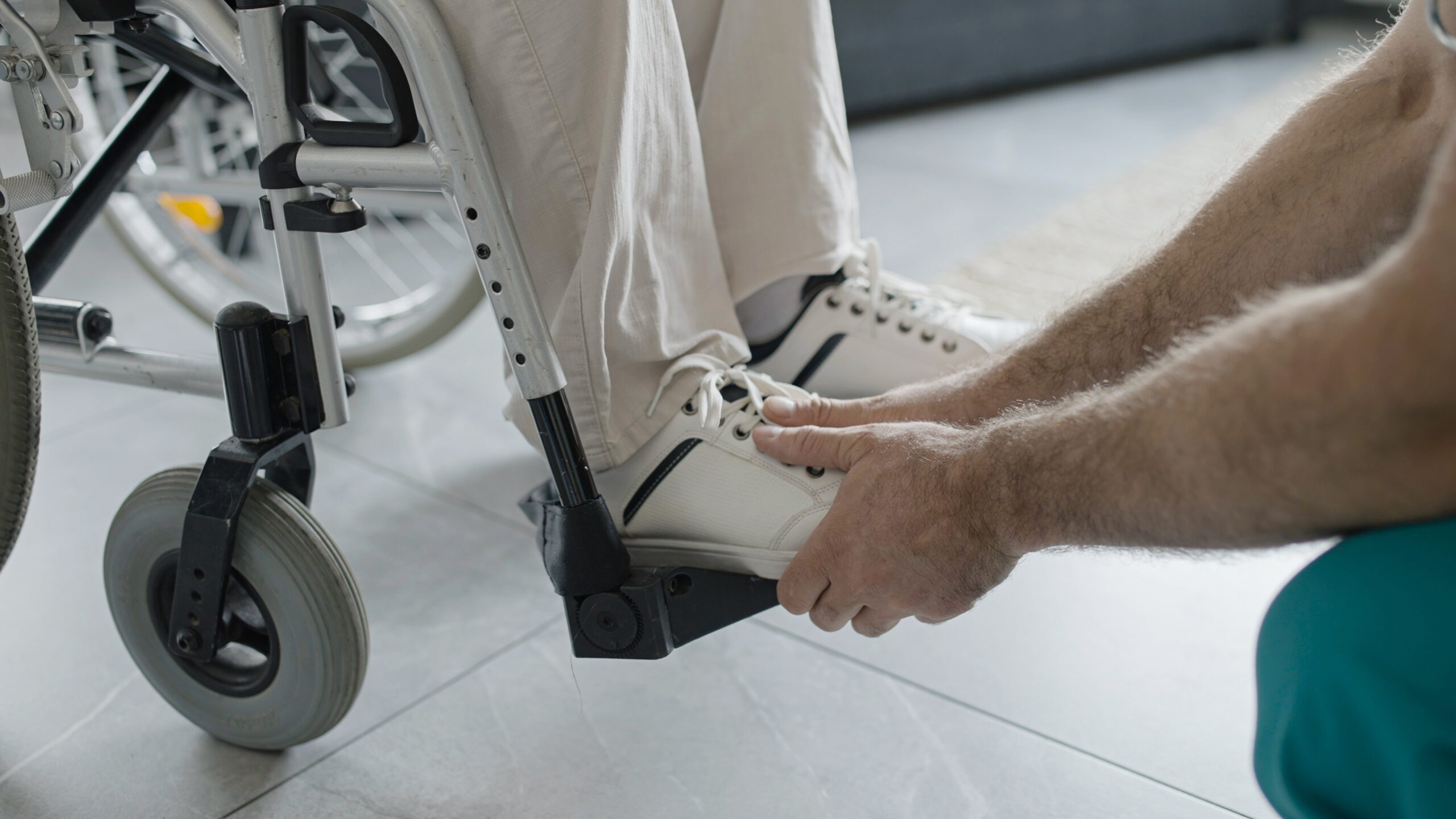Event Recap: What to Expect from the Nascent Negotiations of an International Human Rights Treaty for Older Persons
The case for a new international human rights treaty for older persons is clear. In much of the world, older persons represent ever-larger shares of the population. The World Health Organization estimates the number of people aged over 60 will double by 2050.

Published
Author
Share
The case for a new international human rights treaty for older persons is clear. In much of the world, older persons represent ever-larger shares of the population. The World Health Organization estimates the number of people aged over 60 will double by 2050.
Meanwhile, many national legal frameworks afford older persons limited human rights protections against the pervasive effects of ageism, while many countries’ policies may prove inadequate to address the imminent and far-reaching social, healthcare, and economic consequences of aging. What’s more, the international legal framework has done little to delimit the scope of states’ human rights obligations towards older persons, which in turn, allows gaps in national laws and policies to persist.
Thus, the United Nations (UN) Human Rights Council’s resolution 58/13, which inaugurated negotiations of a new treaty focused specifically on older persons, presents a momentous opportunity for governments and civil society to work together to shore up these gaps.
At a recent webinar organized by the Harvard Law School Project on Disability (HPOD), Petrie-Flom Center for Health Law, Biotechnology, and Bioethics at Harvard Law School and the Center for Law, Brain & Behavior, prominent scholars and advocates steeped in international law and policy affecting older persons assessed the incipient negotiations’ prospects for to strengthen the international human rights legal regime, while previewing specific challenges and opportunities that negotiators will encounter. The webinar was titled Older Persons’ Human Rights: Forging a path towards new international legal protections.
For Luis Gallegos, an accomplished Ecuadorian diplomat who led the successful negotiation of the UN Convention on the Rights of Persons with Disabilities (CRPD), the global COVID-19 pandemic crystallized in his mind the urgent need for a new treaty. “The pandemic showed me the consequences of isolation. … It affected all of us. … We know people who have died … [and] those who died in isolation.” Impassioned by his firsthand view of how COVID-19 ravaged New York City in early 2020, Gallegos founded the Global Initiative on Aging and Longevity, a worldwide network of organizations working to advance the dignity of persons who are aging, to push for a new treaty.
Now serving as Senior Advisor to HPOD, Gallegos recently explained to Harvard Law Today, new treaty not only can “help guide the process for the world’s coming demographic shift” it can also catapult older persons to the forefront of international and national policymaking. Before the negotiations of the CRPD,
“disability was not being considered at the international level. … Now, 25 years later, disability is at the frontline of inclusion. … [T]his convention could do the same for older people.”
Indeed, the parallels between persons with disabilities and older persons are difficult to ignore. With age, people are more likely to acquire disabilities. Also, with advances in health and technology, more persons with disabilities unrelated to age are living longer. These demographic overlaps coincide with convergent human rights challenges. For example, safeguarding decision-making autonomy and promoting social inclusion are paramount for both these overlapping groups.
At the same time, the event’s moderator Professor Michael Stein, HPOD’s co-founder and Executive Director, underlined, “[e]ach population has its own distinct issues, priorities, and needs and we need to be sensitive for both.” So, for example, older persons may wish for different protections for the right to legal capacity than those settled upon in the CRPD. And while there may be lessons that negotiators of a treaty on older persons can learn from the CRPD negotiations, there are opportunities to improve and expand on them. In this treaty negotiation process, for example, a broader array of civil society, from women’s groups and environmental actors to faith-based organizations, should contribute to shaping this treaty. As Professor Stein observed,
“During the CRPD negotiations, I must say we did not have adequate number and reflection of older persons being there in their NGO capacity. … [W]hat we need to emphasize from our experience of the CRPD is that it’s crucial to share and coordinate among civil society actors across movements.”
This webinar’s panelists illuminated a series of substantive areas where many countries’ national laws and policies offer only limited protections of older persons’ rights that treaty negotiators should seek to address. Professor Jody Heymann, Founding Director of the WORLD Policy Analysis Center at the University of California, Los Angeles, and her team have catalogued gaps in protections against age-based employment discrimination, guarantees of paid leave for workers to provide care for aging relatives, and access to income protections in old age.
Dr. Alejandro Bonilla García, who chairs the NGO Committee on Ageing in Geneva, added that national social security schemes around the world would benefit immensely from a human rights-based approach. Because these schemes generally assume payouts for a “standard” worker that does not exist, they thus fail to account for vast differences in occupations, from actors and waitresses to bus drivers, taxi drivers, and fishermen.
Last, Ms. Silvia Perel-Levin, an independent consultant on ageing, health and human rights, argued that a human rights-based treaty should aim to transform service delivery systems, which often reflect ageist assumptions about older persons as “passive recipients of care and welfare.” Such a transformation will be necessary to avoid overreliance on institutional models of care, which may be marketed with a shiny veneer belying the dangers of segregation. She cautioned,
“Make no mistake: once in an institution, however nice it might be, there is generally no way out, at least not alive.”
The UN HRC has tasked the Intergovernmental Working Group on the Rights of Older Persons, to oversee the treaty negotiation process and tackle the many pressing needs for greater international legal protections for older persons.
As this group prepares for its first meeting in February 2026, it will have to chart a course that will enable negotiators to navigate the thickets of present-day challenges threatening older persons’ human rights outlined by the panelists, while also accounting for the adverse effects of global phenomena, including climate change, armed conflicts, and rapidly-evolving technologies.


